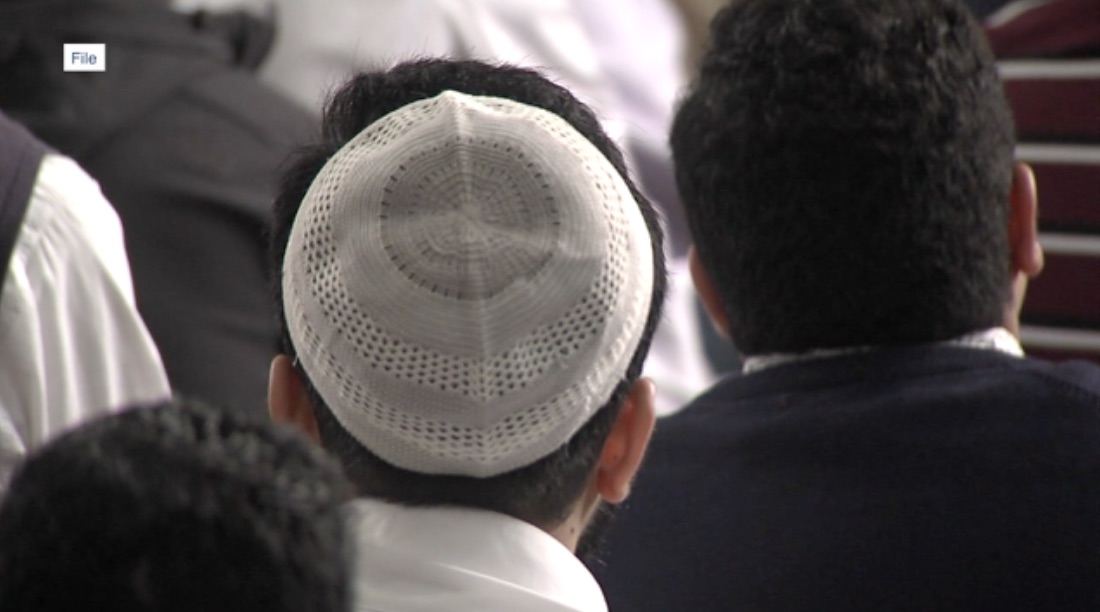SAN DIEGO, Calif. (KGTV) - Marwa Abdalla was a college student when September 11th happened. She was born and raised in the United States and says that day, she chose to put on one of the few hijabs she owned.
“That identity was important to me in my life and I wanted it to be visible, I wanted people to know that that was who I was and that what I stood for was against everything that was being shown through those attacks,” she said, reflecting on that decision made in 2001.
Her own personal experience of discrimination and racism within the Muslim faith piqued her interest to pursue interfaith studies as a career. Now, she’s taught classes on the subject and is currently working on her doctorate degree from UC San Diego.
As the 20-year anniversary of 9/11 approaches, she said now is a good time to reflect on the discrimination the Muslim faith has experienced throughout history, adding that the idea of Islamaphobia has been around for more than 100 years, but a major event like 9/11 has had a recent large-scale impact.
“I think it posed a great challenge yes for national security but also for Muslims. Muslims are the most likely faith group in the United States to say they’ve been discriminated against because of their religion,” she said.
There are many layers to her solution on how to fix this problem. She said biases toward the Muslim faith cannot be fixed until all racism is addressed.
“I think that the anniversary of 9/11 is a good time for us to reflect on different types of racism, different types of bigotry that exist in our society. Islamaphobia has a lot of close cousins: anti-Asian racism, anti-indigenous racism, anti-black racism,” she said.
She said that representation of Muslim people is not equal to the representation of people of other faiths, and that double standard needs to be acknowledged and addressed. There need to be more positive portrayals of Muslim people in mainstream media.
With the 20-year anniversary here, she said now is a good time to get the momentum moving.
“I think that these opportunities not only allow us to remember those who lost their lives and those who served their country and those who helped to recover victims from the site, but to also realize that we are a lot weaker when we let racism and bigotry divide us,” she said.




